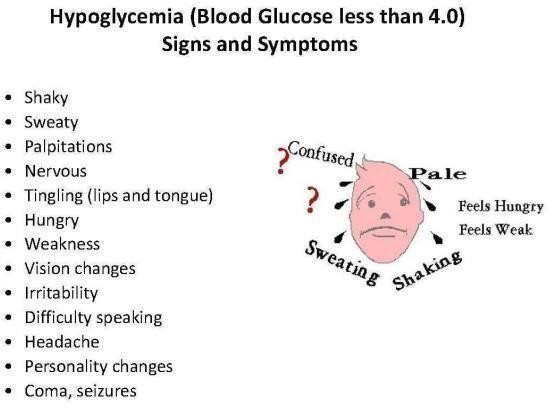A nurse is caring for a client who has a new prescription for a low-sodium diet. The client's family has requested to bring in some of the client's favorite foods. Which of the following food items should the nurse tell the family members to omit?
Flat bread
Broiled fish fillet
Boiled rice
pickled vegetables
The Correct Answer is D
Pickled vegetables should be omitted because they typically contain a high amount of sodium, which is used in the pickling process to preserve the vegetables. It's always important to check for hidden sources of sodium in foods and opt for fresh, unprocessed ingredients whenever possible.
A, B, C- Flatbread, broiled fish fillet, and boiled rice are generally considered low in sodium and more suitable for a low-sodium diet, especially when prepared without added salt.
Nursing Test Bank
Naxlex Comprehensive Predictor Exams
Related Questions
Correct Answer is C
Explanation
Bananas are high potassium foods recommended due to renal potassium loss in furosemide therapy. Bananas are known to be a good source of potassium, with one medium banana containing about 451 mg of the mineral.
A.- Cooked carrots contain minimal potassium
B.-Milk contains moderate potassium levels
D.-Cheddar cheese is not rich in potassium
Correct Answer is B
Explanation
Rationale-The symptoms of sweating and feeling anxious in a client with type 1 diabetes mellitus are indicative of hypoglycemia. Hypoglycemia occurs when blood sugar levels fall too low, which can happen with the administration of insulin or other diabetes medications, missed meals, or increased exercise without adequate dietary adjustment. These symptoms are part of the body's natural response to low blood sugar, as it tries to signal the need for a source of energy. It is important for the nurse to recognize these signs promptly and respond with appropriate interventions, such as providing a fastacting carbohydrate, to prevent further complications associated with hypoglycemia.
A, C -Hyperglycemia and ketoacidosis presents with respiratory distress and a fruity odor. They occur due
D-Nephropathy presents with lack or reduced urine output. Injury occurs the renal tubules reduces renal ultrafiltration and reabsorption.

Whether you are a student looking to ace your exams or a practicing nurse seeking to enhance your expertise , our nursing education contents will empower you with the confidence and competence to make a difference in the lives of patients and become a respected leader in the healthcare field.
Visit Naxlex, invest in your future and unlock endless possibilities with our unparalleled nursing education contents today
Report Wrong Answer on the Current Question
Do you disagree with the answer? If yes, what is your expected answer? Explain.
Kindly be descriptive with the issue you are facing.
